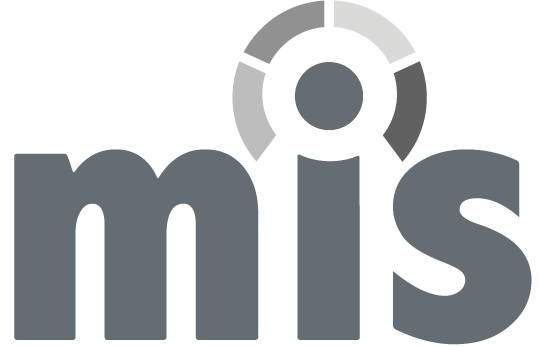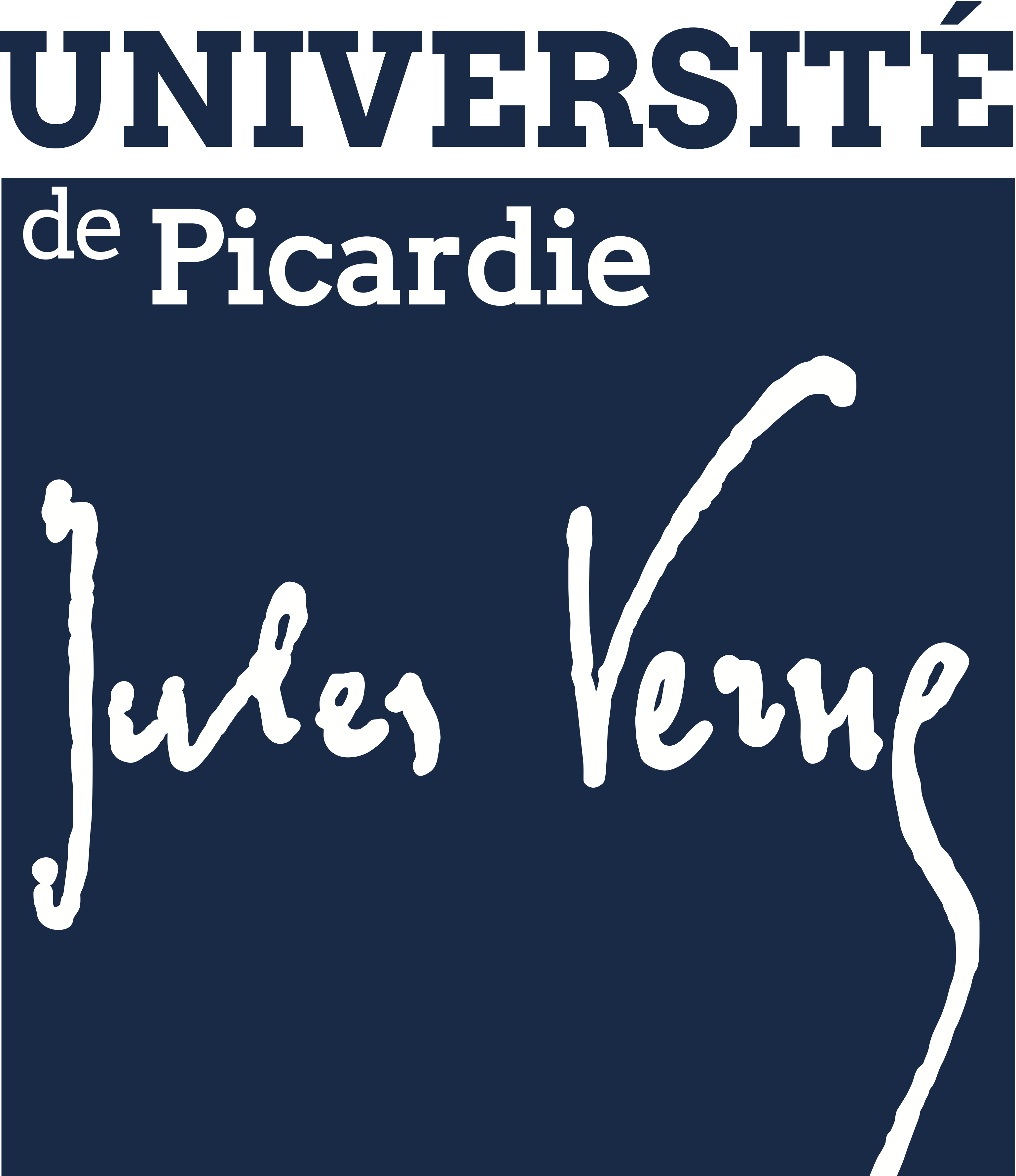Stefano Scheggi, chercheur au Surgical Robotics Laboratory de l’Université de Twente aux Pays-Bas, présentera ses travaux le jeudi 24 novembre 2016 à 14h en salle 201
Tracking, control, and planning of miniaturized agents for medical applications.
Miniaturized agents have shown promising results in a broad variety of tasks, ranging from micromanipulation and microassembly to minimally invasive surgical (MIS) interventions, such as biopsies and targeted drug delivery. Recently, miniaturized agents with shape-changing and gripping capabilities have provided significant advantages in performing grasping, transportation, and manipulation tasks at small scale. In order to perform such tasks in a precise and robust way, it is of utmost importance to develop accurate image-guided tracking algorithms, robust motion control laws, and path planners able to compute obstacle-free paths by taking into account motion errors of the agents and imperfect state estimations. In this talk, I will present the recent studies developed in the Surgical Robotics Lab (University of Twente, The Netherlands) about tracking, control, and planning of miniaturized agents for possible medical applications.
Brève Biographie: Stefano Scheggi received the M.Sc. and Ph.D. degrees in Computer Engineering from the University of Siena, Italy, in 2007 and 2012, respectively. In 2011, he was a Visiting Ph.D. Student at the Department of Computer Science, George Mason University, Fairfax, USA, under the supervision of Prof. Jana Kosecka. From 2012 to 2015, he held a postdoctoral position at the Human Centered Robotics Group, University of Siena, Italy. Since 2015, he holds a postdoctoral position at the Surgical Robotics Lab, University of Twente, The Netherlands. His research interests include computer vision, medical robotics, mobile robotics, haptics, and augmented/virtual reality.

